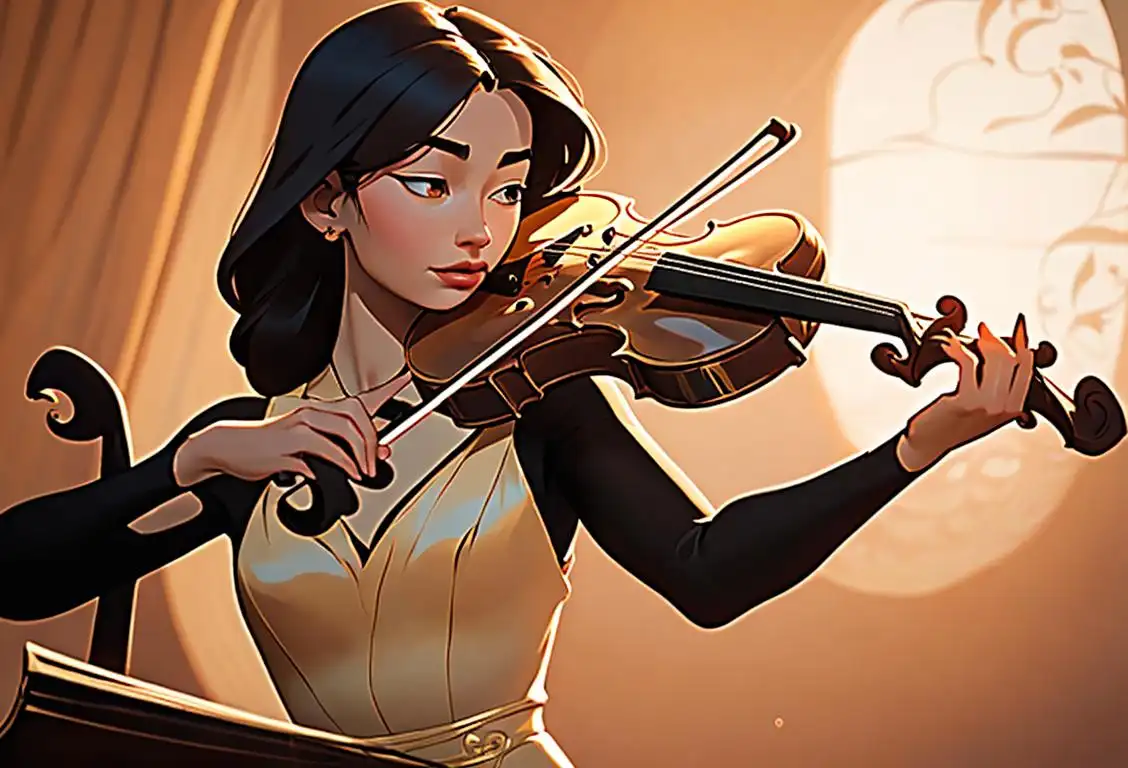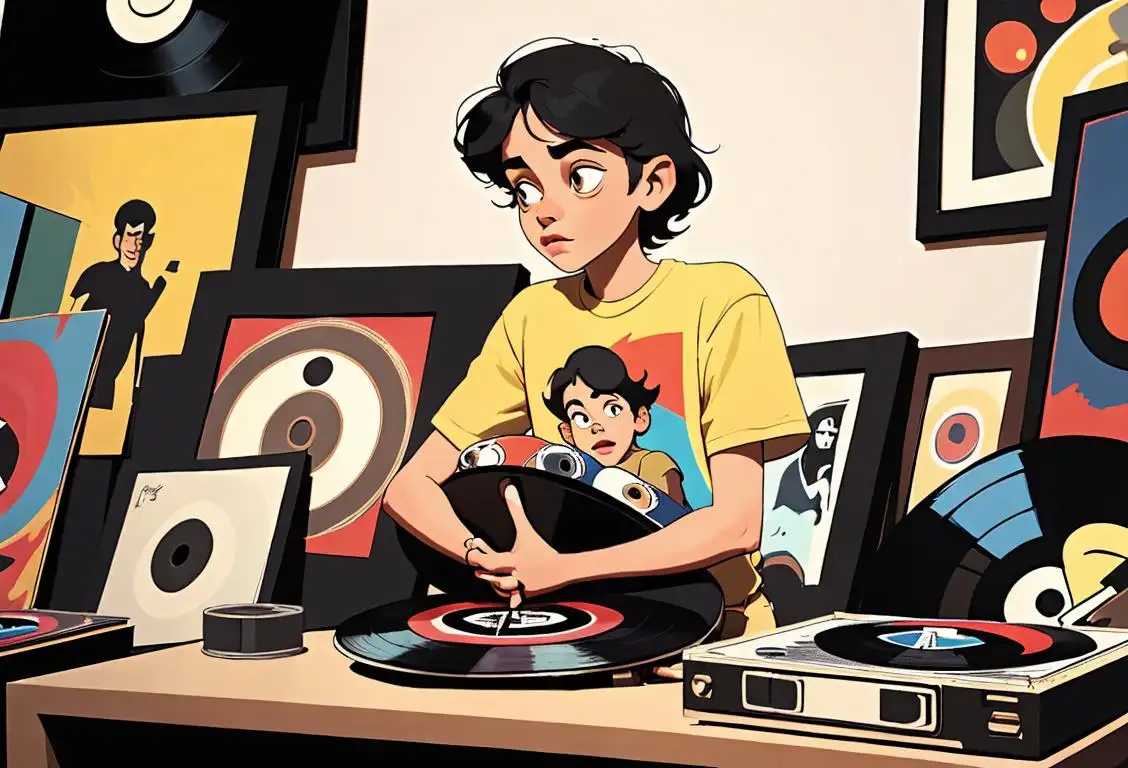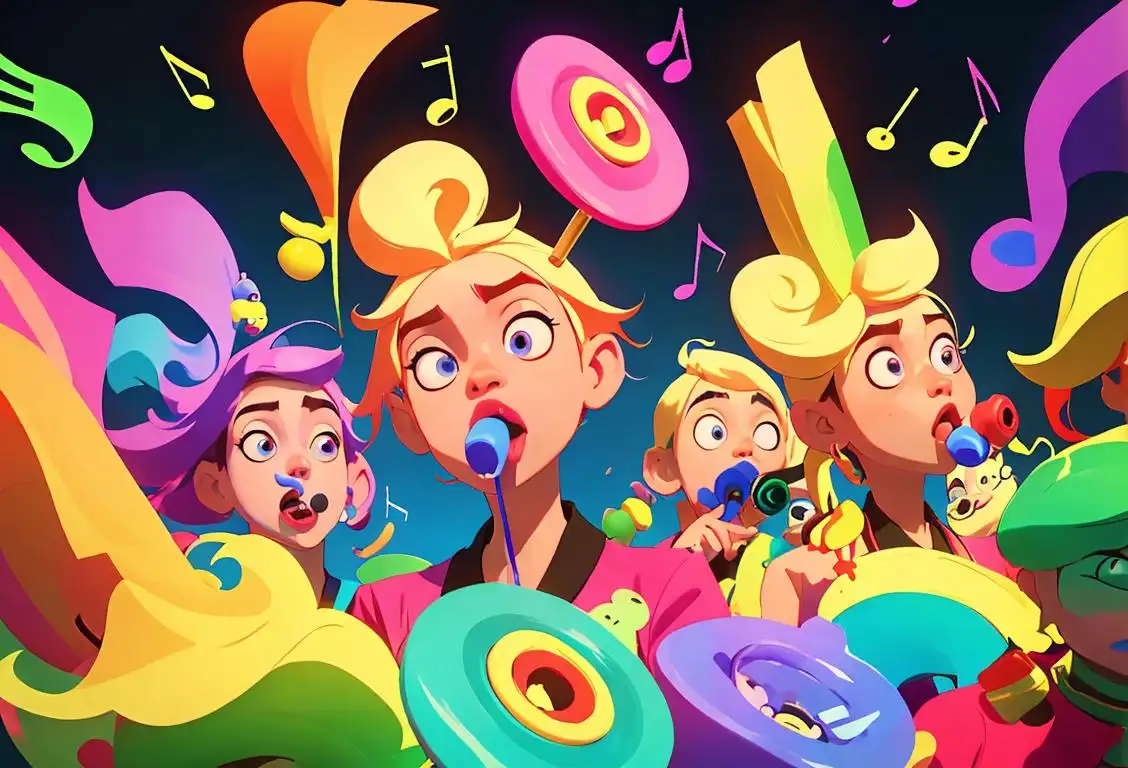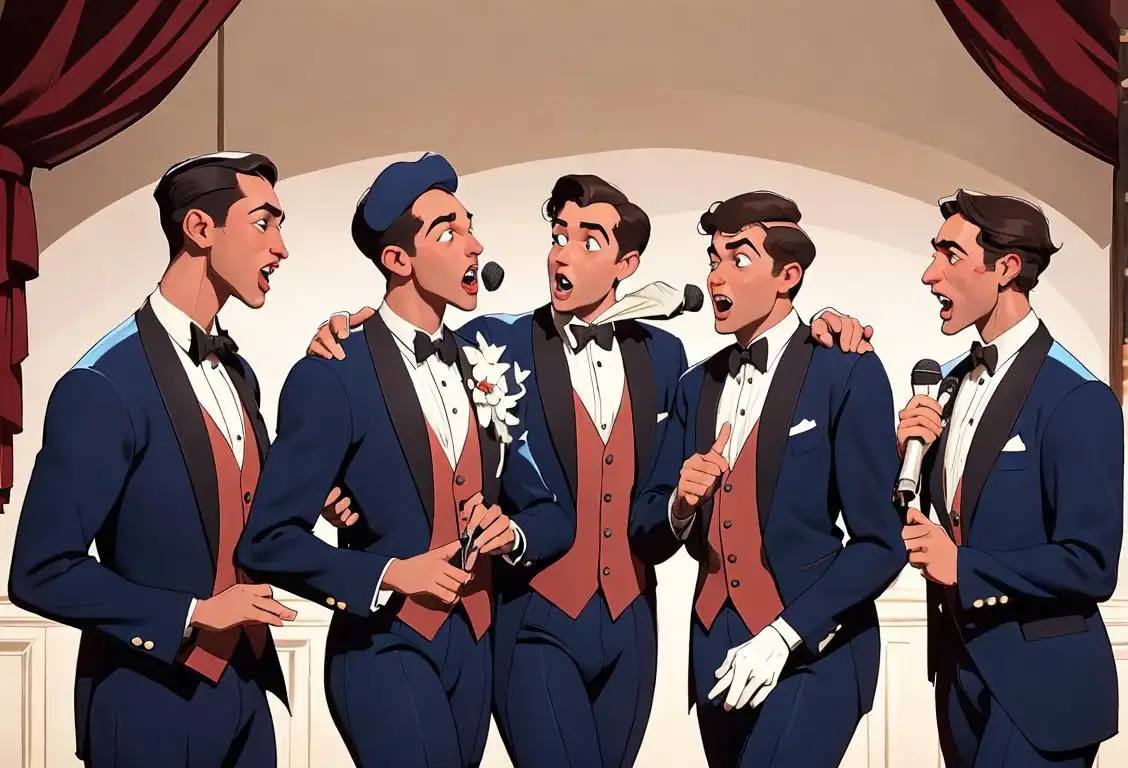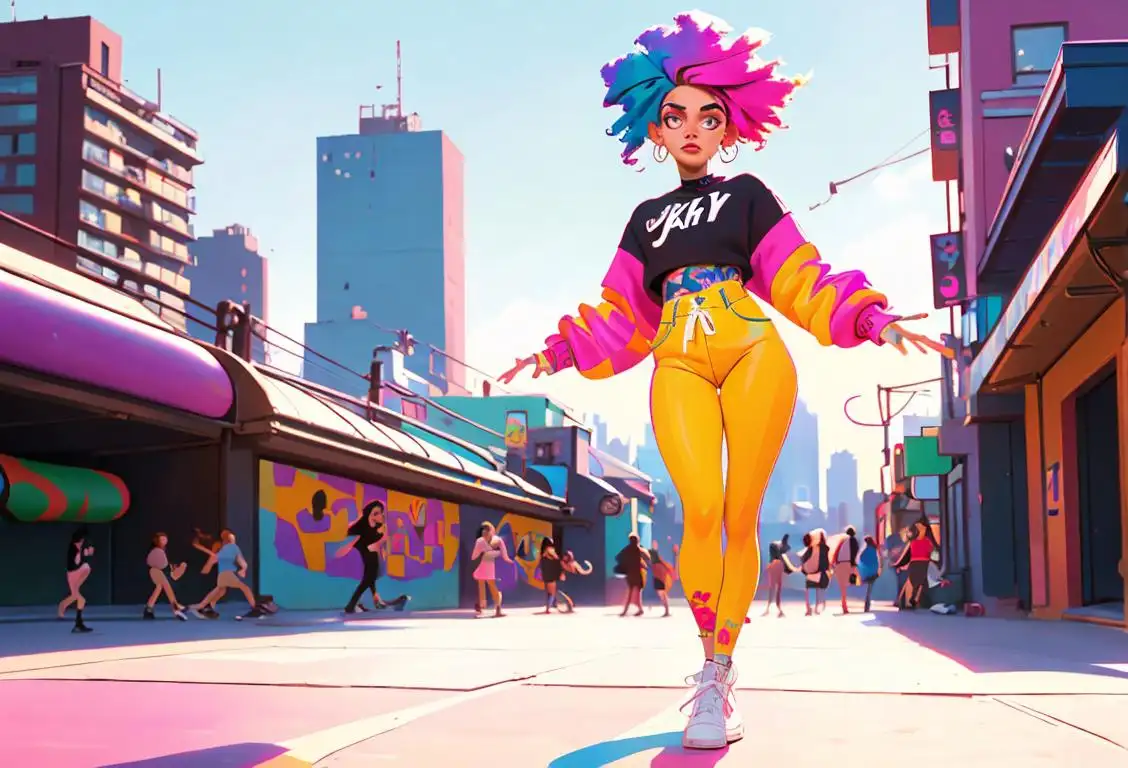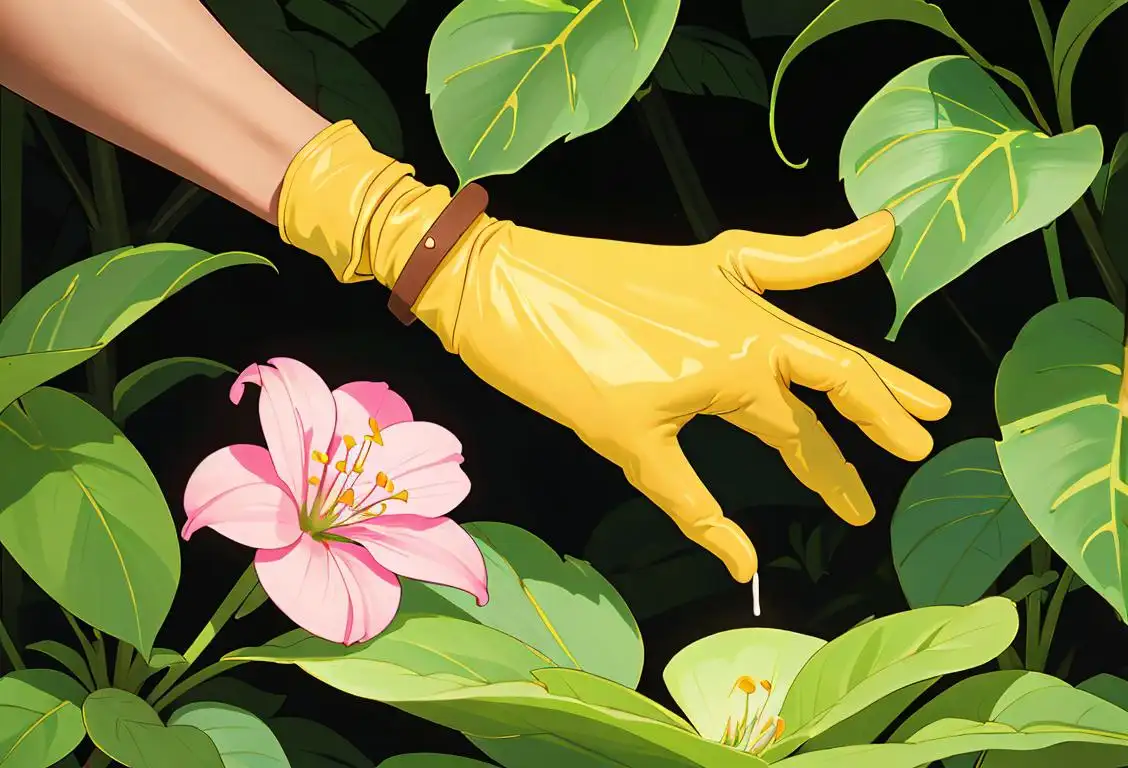National Black Women In Jazz And The Arts Day
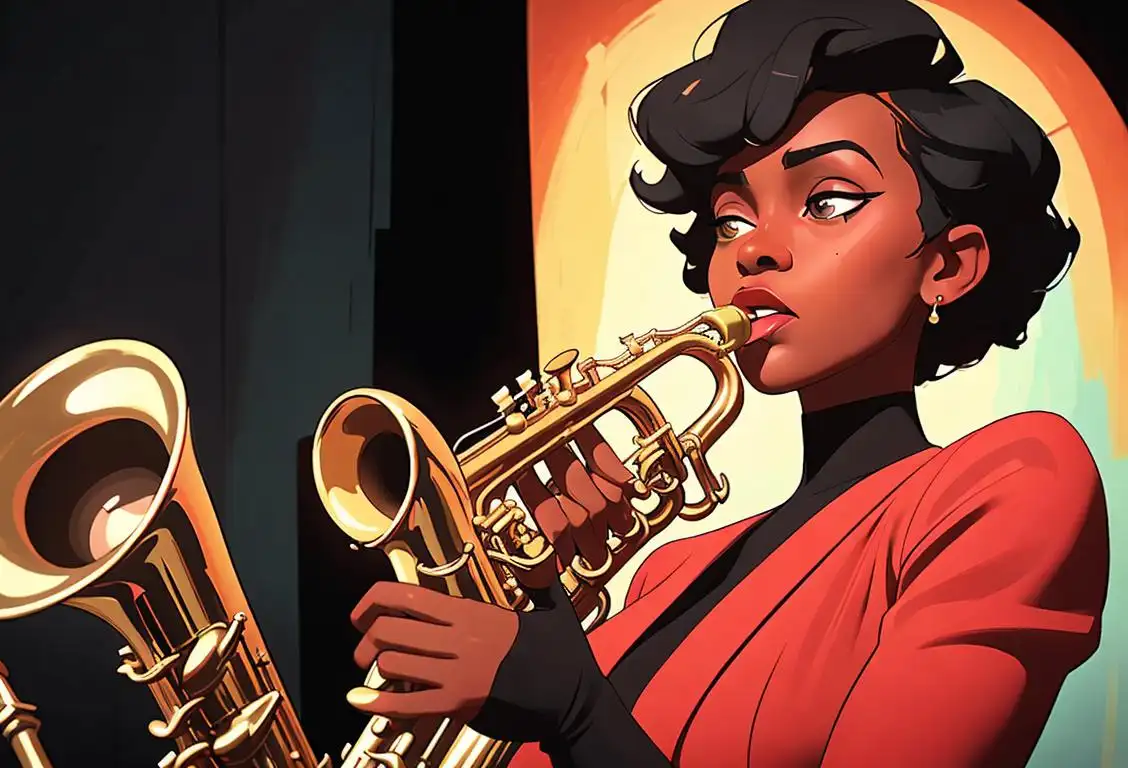
Did you know that there is a national day dedicated to celebrating the amazing black women in jazz and the arts? It's called National Black Women in Jazz and the Arts Day, and it's a day to acknowledge the contributions and impact of black women in the world of music and the arts. So let's dive into the fascinating history of this special day!
When is Black Women In Jazz And The Arts Day?
It's national black women in jazz and the arts day on the 1st March.
The Birth of National Black Women in Jazz and the Arts Day
On March 1st, 2016, the internet was buzzing with excitement as National Black Women in Jazz and the Arts Day made its debut. This special day was created to recognize the incredible talents and achievements of black women in the jazz genre and various art forms. It serves as a platform to honor their artistic contributions, inspire future generations, and raise awareness about the unique challenges they face in the industry.
Celebrating Black Women in Jazz and the Arts
Every year on National Black Women in Jazz and the Arts Day, people around the world come together to celebrate and appreciate black women who have made significant contributions to jazz, as well as other art forms like dance, theater, visual arts, and literature. It's a day filled with music, performances, art exhibitions, panel discussions, and workshops that showcase the extraordinary talents of these women.
Why It Matters
National Black Women in Jazz and the Arts Day is not just about celebrating their achievements, but also about addressing the issues and barriers that black women in the industry face. It aims to shed light on the lack of representation, unequal opportunities, and systemic biases that often hinder their progress. By recognizing their artistry and amplifying their voices, this day plays a crucial role in breaking down these barriers and fostering inclusivity in the arts.
Did You Know?
Did you know that legendary jazz singer Ella Fitzgerald, often referred to as the "First Lady of Song," paved the way for many black women in jazz? With her powerful voice and unique style, she captivated audiences around the world and became a symbol of success and inspiration for aspiring female jazz musicians.
History behind the term 'Black Women In Jazz And The Arts'
1920
Emergence of black women in jazz
The 1920s marked the emergence of black women as prominent figures in the jazz scene. Artists like Valaida Snow and Ethel Waters captivated audiences with their extraordinary musical talents. These women broke barriers and opened doors for future generations of black women in the arts.
1930
Pioneering black women in arts
In the 1930s, black women continued to make significant contributions to the arts. Artists such as Billie Holiday and Lena Horne not only showcased their exceptional vocal abilities but also addressed social issues through their music. Their performances and activism resonated with audiences, establishing them as trailblazers in jazz and the arts.
1940
Integration of black women in mainstream art
During the 1940s, black women in jazz and the arts began to break into mainstream entertainment. Singers like Sarah Vaughan and Ella Fitzgerald gained widespread recognition for their incredible vocal range and performances. Their success challenged racial barriers and provided inspiration for aspiring artists of all backgrounds.
1950
Expanding opportunities and influence
The 1950s saw black women in jazz and the arts expand their reach and influence. Notable figures like Nina Simone and Abbey Lincoln used their powerful voices and talents to advocate for civil rights and social justice. Their music became anthems for change, giving voice to the struggles and triumphs of the African American community.
1960
Black women's representation and empowerment
During the 1960s, the representation and empowerment of black women in jazz and the arts continued to grow. Artists such as Diana Ross and Tina Turner became cultural icons, reshaping perceptions of beauty and talent. Their trailblazing careers inspired countless women to pursue their artistic dreams and challenge societal norms.
Did you know?
Legendary jazz singer Ella Fitzgerald paved the way for many black women in jazz!Tagged
awareness music artFirst identified
1st March 2016Most mentioned on
1st March 2016Total mentions
5Other days
Bass Day
Black Women In Jazz And The Arts Day
Violin Day
Album Day
Kazoo Day
Hug A Drummer Day
Barbershop Quartet Day
Kehlani Day
Drummer Day
Thumb Awareness Day

